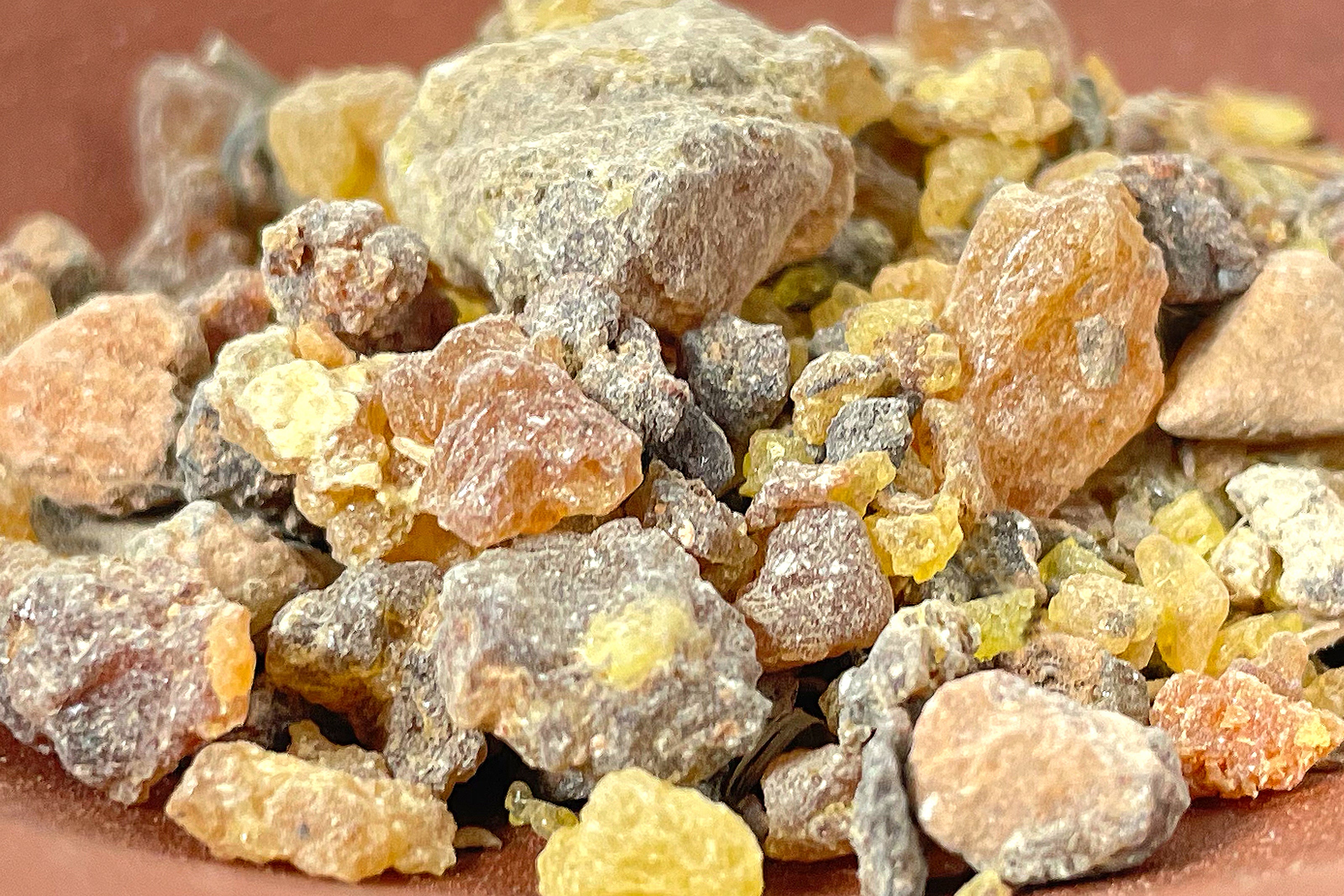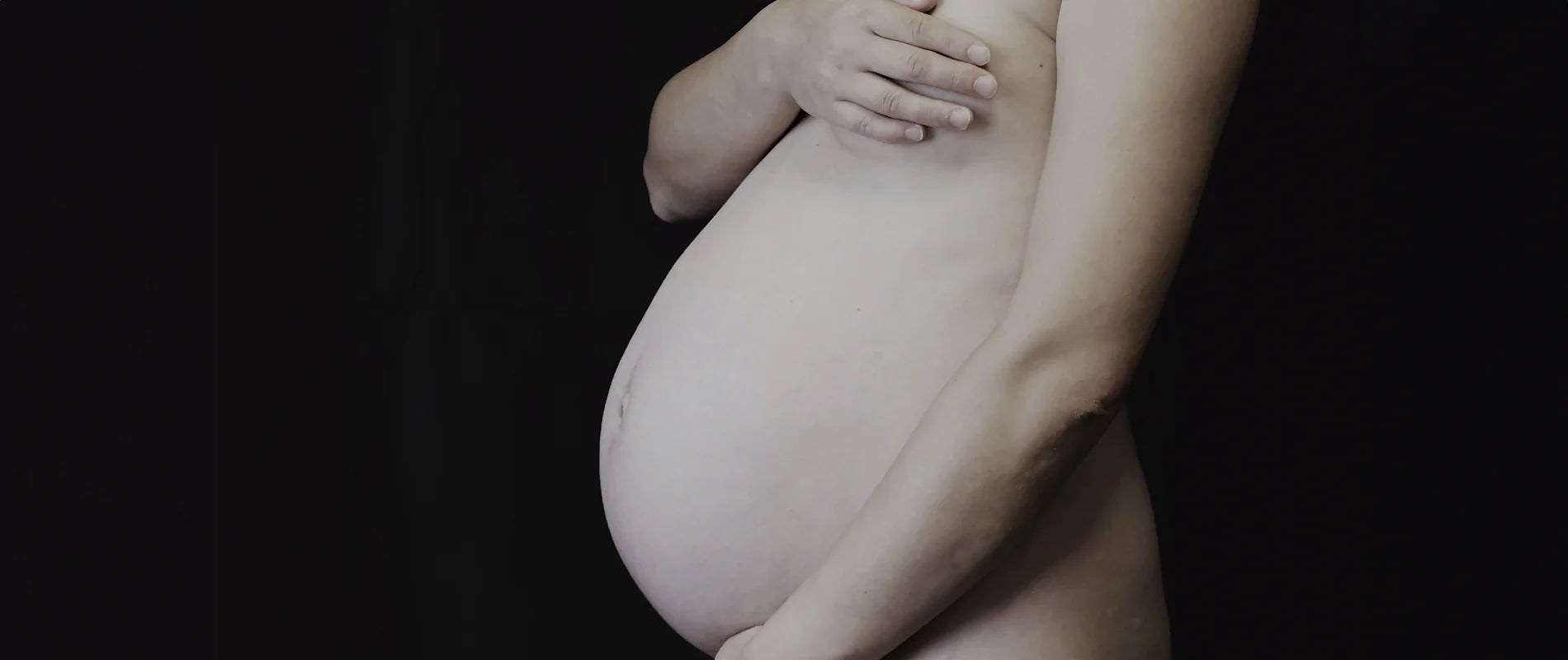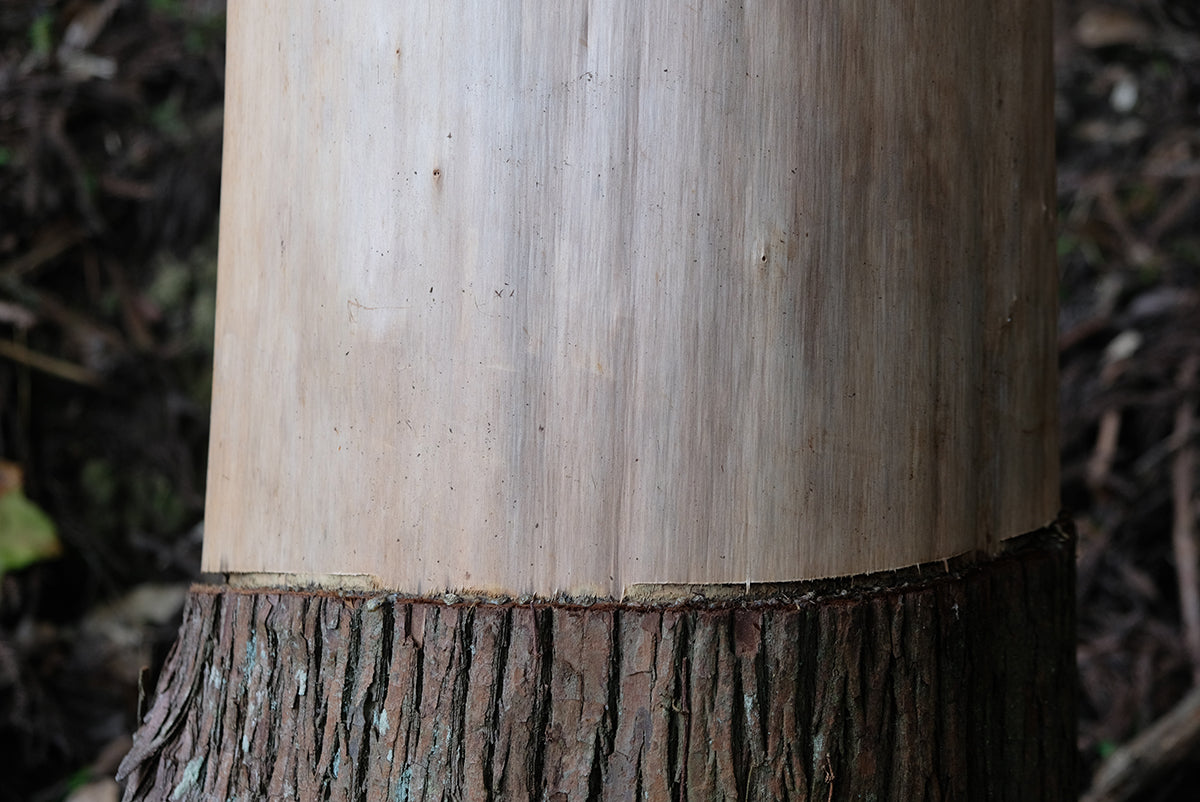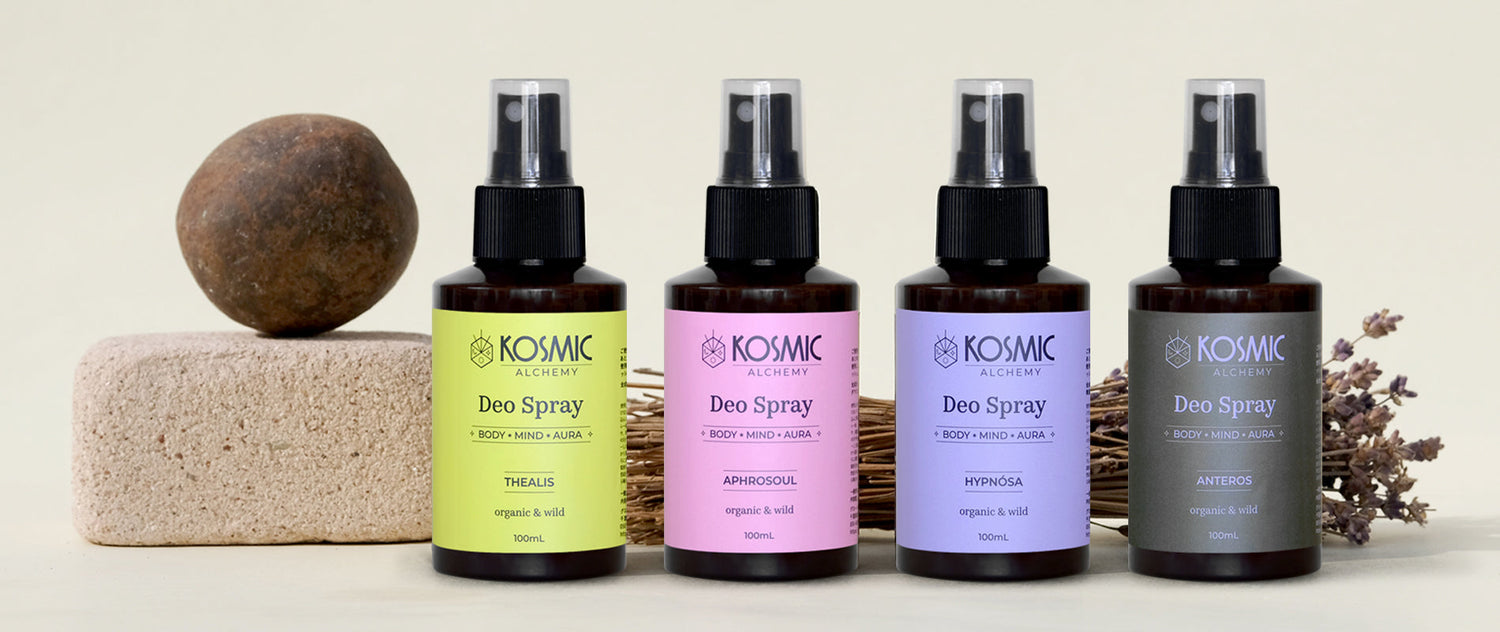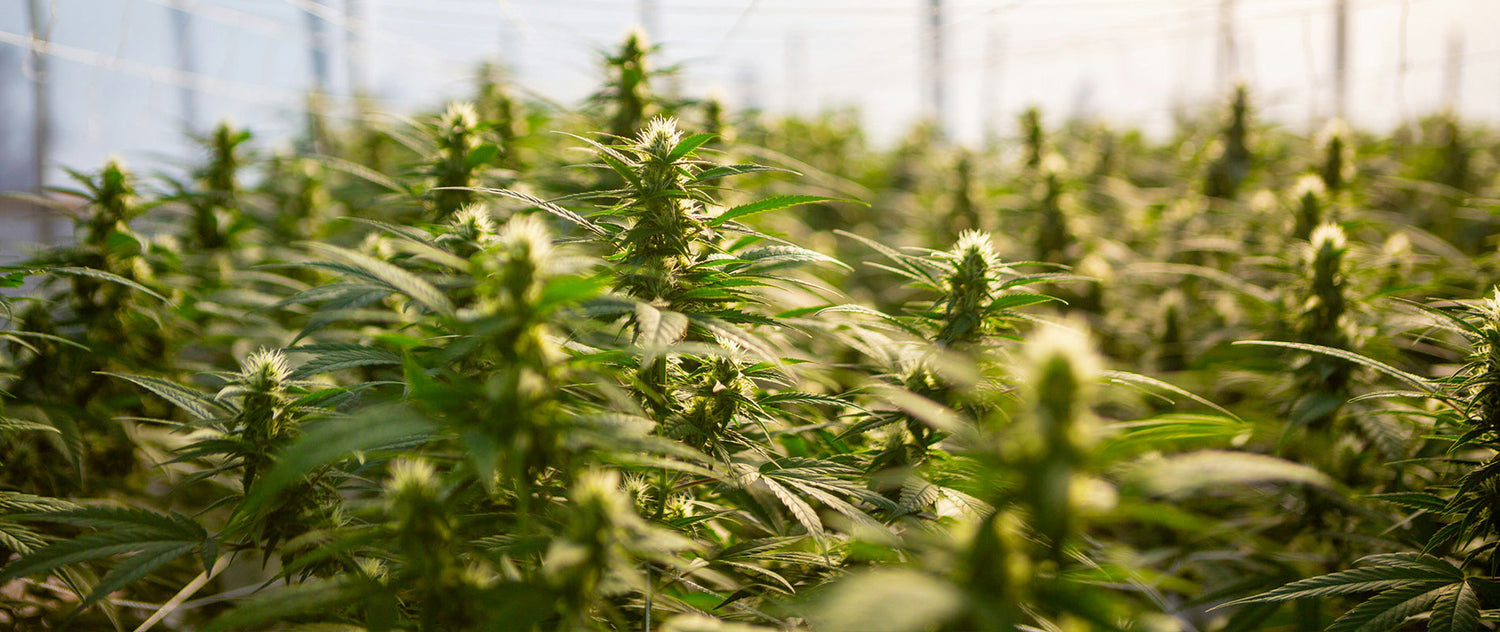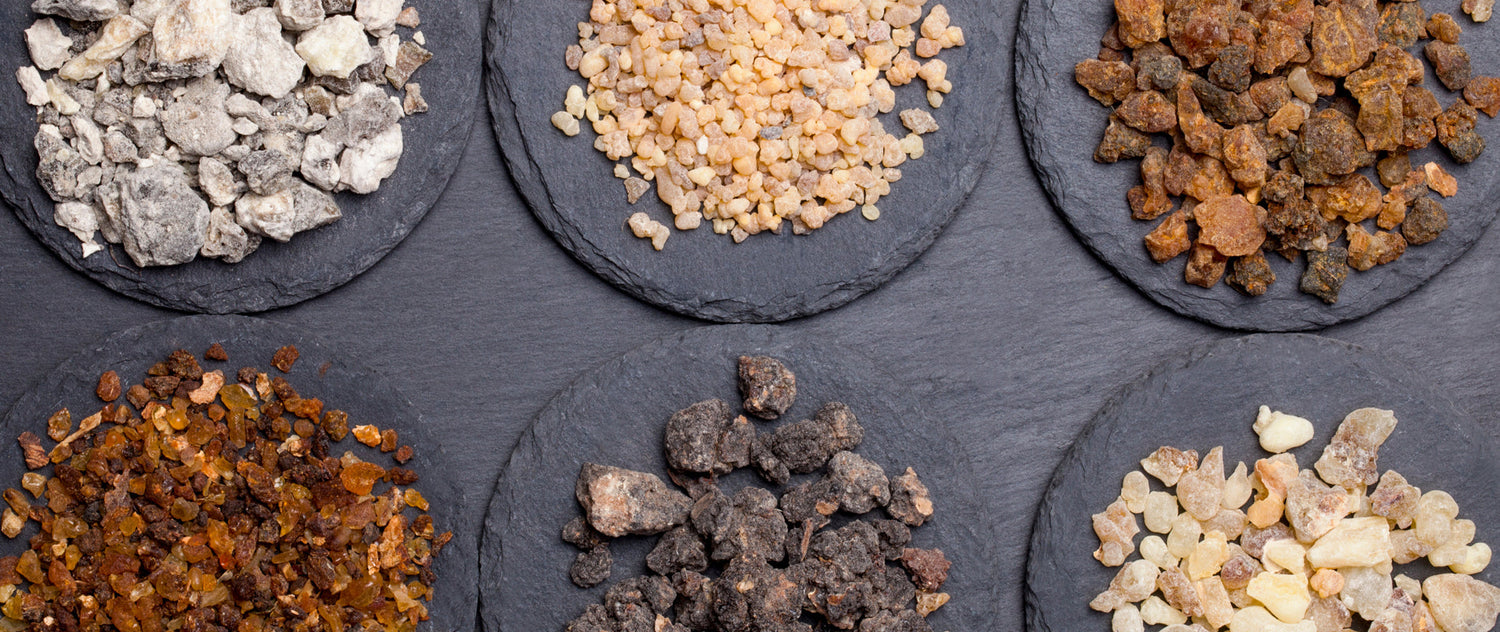
Table of Contents
Read in JapaneseA Tale of Heart, Soul and Spirit
The Spirit of Ancient Egypt

Throughout history, the human heart has been associated with emotion and pleasure.
The ancient Egyptians believed that the source of wisdom was not the brain, but the heart. They also believed that the heart was emotion, memory, the soul, and personality itself. It was also believed that physiology and medicine were all connected to the heart. In addition, the wisdom, words, and will of the ancient Egyptian gods were transmitted through the heart, so it was the most important organ of the body.
Ancient Egyptians felt that all parts of the body were connected through signals (metus) sent from the heart. Not only blood, but also breath, tears, saliva, sperm, nutrients and excretions were connected through the metu from the heart. On the other hand, the brain was not considered important and was one of the organs that was discarded during mummification because it was thought to be an organ that only passed mucus through the nose.
This concept of Metu probably symbolized the Nile River. A clear and clean Metu was considered to be a healthy state, and if the Metu was clogged with something, it was thought that bad things would accumulate and cause illness, just like when the water is stagnant.
To the ancient Egyptians, the heart was the driving force behind everything - intelligence, emotion and memory - and was an important spiritual and religious symbol.
Ancient Egypt was also the birthplace of essential oils, which have many ties to modern aromatherapy. The Egyptians cultivated plants to produce oils for a variety of purposes, including religion, medicine, and cosmetics. They also had the art of embalming using essential oils and resins.
Most essential oils are thought to have been produced in Egypt by a type of solvent extraction (enfleurage) using animal fats, but distillation-based essential oils have been found as early as 3500 BC.
At the same time, research on plants such as herbs was being conducted in China and India, which is said to have led to the Indian Ayurveda.
The Egyptians' knowledge was then passed on to the ancient Greeks, whose most famous physician of the time, Hippocrates (460-377 BC), was a firm believer in it and incorporated massage with essential oils into his overall treatment of his patients.
Reference: http://www.touregypt.net/featurestories/heart.htm
Ancient essential oils
List of essential oils used since ancient times
Flower-derived essential oils
- Geranium: Valued since the time of Ancient Egypt, geranium essential oil is extracted from the whole geranium plant. Not only is geranium oil known in the perfume industry for its floral scent, it is also extremely versatile and is often used to enhance the appearance of skin and hair.
- Helichrysum (Immortel) - A warm spice, hay-like earthy fruit. With its restorative and regenerative properties, Helixum helps restore, rejuvenate and improve the skin. It is also called "eternal" because it retains its intense, sun-filled yellow color even when dry. It will not fade or wilt.
- Jasmine: Distilled from the dainty white flower, jasmine "Queen of the Night" has long been used in love potions due to its reputation as an aphrodisiac. Beyond the sensuality of its scent, jasmine is beneficial for all skin types, especially dry, sensitive skin, and helps reduce stretch marks and scarring. The reason it's so expensive is because of the amount of petals needed to make the essential oil. It takes about 1000 pounds of flowers to make one pound of oil.
- Neroli: Neroli oil is distilled from the flowers of the bitter orange tree. It is said that the name comes from Princess Anna Marie, Countess of Neroli, who used the oil as a perfume and to scent her gloves and baths. The scent has a calming and uplifting effect and helps rejuvenate skin cells and improve skin elasticity. Beneficial for all skin types, but especially sensitive, dry and mature skin.
- Ylang-ylang: This tropical tree produces pink, mauve and yellow flowers. In Indonesia, there is a tradition of covering wedding beds with ylang-ylang petals in honor of its renowned aphrodisiac qualities.
Related Items
Resin-derived essential oil
- Frankincense: Distilled from the bark of the Boswellia tree, the resin produces an unforgettable scent that is woody and spicy with a hint of lemon. It has been used by many cultures for sacred and cosmetic purposes. The ancient Egyptians offered it to their gods as a meditation aid.
- Patchouli: A bushy herb grown in East Asia. Historically used to scent beds and sheets, patchouli is more recently a symbol of 60s fragrances expressing freedom and sensuality.
- Sandalwood is a symbol of holiness in Vedic texts. In the Hindu "eternal tradition," sandalwood was used to embalm the body and was believed to have the power to re-embodi the spirit.
- Vetiver: Traditionally used in perfumery, it is known as the "oil of tranquility" for its calming properties. It is distilled from the roots of a grass native to India. It is also said to purify the aura (the energy field around the body) and strengthen the auric shield.
Related Items
Citrus essential oils
- Bergamot: Commonly known as an ingredient used to flavor Earl Grey tea, this essential oil has been used in perfumery since its early use in eau de cologne in the early 18th century. Derived from the peel of the bergamot orange, it has a light citrus scent with floral overtones. For the skin, it is particularly helpful for stress-related skin problems.
- [Grapefruit] Citrus, sharp, refreshing and bitter. Helps to balance congested and oily skin. A relatively modern fruit, it is a variety that was created by crossing pomelo and orange.
Related Items
Reference: https://www.sangredefruta.com/essential-oils
Index of this content
Read in JapaneseHeart, soul and spirit
The Ancient Egyptian Heart

Since the human heart has long been associated with emotion and pleasure.
The Egyptians believed that the heart, rather than the brain, was the source of human wisdom, as well as emotions, memory, the soul and the personality itself. Notions of physiology and disease were all connected in concept to the heart, and it was through the heart that God spoke, giving ancient Egyptians knowledge of God and God's will. For this reason it was considered the most important of the body's organs.
It was felt that from the heart, channels (metu) linked all parts of the body together. These channels delivered not only blood, but also air, tears, saliva, mucus, sperm, nutriment and even bodily waste. In fact, the only real function of the brain was thought to be to pass mucus to the nose, so it was one of the organs that were discarded during mummification.
Probably to some extent, this concept of channels may have had some symbolism with the Nile. Ancient Egyptians were thought to be in good health if the metu were clear and without blockage. Disease was caused when a channel became blocked, much like an irrigation canal cannot deliver water if it is blocked.
The heart was regarded in Ancient Egypt as the organic motor of the body and also the seat of intelligence, emotion and memory - an important religious and spiritual symbol.
Ancient Egypt was the true birthplace of essential oils, or 'aromatherapy' as we know it today. The Egyptians cultivated plants for their oils and used them primarily in their religion, in cosmetics as well as for medicinal purposes. Aromatic essence and resins were also used in the embalming process.
It is thought that most essential oils were produced in Egypt by a type of solvent extraction method (enfleurage) using animal fat – however, distillation “pots” have also been found dating back about 3,500 BC.
Around the same time, China and India were exploring herbs and aromatic plants too, which would become an integral part of the Indian Ayurvedic medical system.
The wisdom of the Egyptians was absorbed by the ancient Greeks: the most well-known physician of that time, Hippocrates (c.460-377 BC) was a firm believer in treating a patient holistically and included massage in many of his therapies.
Source: http://www.touregypt.net/featurestories/heart.htm
Essential oils from ancient times
list of oils used in ancient times
Flower essential oil
- 【GERANIUM】Valued since highly Ancient Egyptian times, Geranium essential oil is extracted from the entire geranium plant. Not only is Geranium oil known in the perfume industry for its floral scent, it is also versatile and often used to boost the appearance of skin and hair.
- 【IMMORTELLE (also known as Helichrysum)】Warm spice, herbaceous hay-like, succulent earthy fruit.Ever-lasting Radiance! Due to its potent restorative cell regenerating properties, Immortelle enhances healing and rejuvenation, improving the appearance of skin.'imperfections' Also named Immortelle, 'everlasting', because it retains its intense sun-filled yellow color even when dried: the petals will neither fade nor wilt.
- 【JASMINE】Distilled from the dainty white flowers, Jasmine 'Queen of the Night', has long been used in love potions due to it's powerful reputation as an aphrodisiac. Beyond the sensuality of the fragrance, Jasmine is beneficial to all skin types and especially helpful for dry, sensitive skin, and for reducing stretch marks and scarring. The high price tag of the oil is due to the quantity of flower petals it takes to product a drop of pure essential oil. It takes around 1000 pounds of flowers to make 1 pound of the oil!
- [NEROLI] Neroli oil is distilled from the blossom of the bitter orange tree. The name is said to originate from an Italian Princess Anne-Marie, Countess of Neroli, who used the oil as a perfume, and to scent her gloves and bathwater. The scent has a calming, uplifting effect on the mind and is helpful for skin cell rejuvenation and improving skin elasticity. It's helpful for all skin types, but especially for sensitive, dry and mature skin.
- 【YLANG YLANG】Flowers of pink, mauve and yellow grow on this tropical tree. There's a tradition in Indonesia covering wedding beds with Ylang Ylang flower petals.
Associated Products
Resin essential oil
- 【FRANKINCENSE】Distilled form the bark of Boswellia genus trees, the resin creates a haunting fragrance - woody, spicy with a hint of lemon. It has been used across many cultures for sacred and cosmetic purposes. the Ancient Egyptians offered it to the gods as an aid in meditation, and ground the charred resin into kohl for their distinctive black eyeliner.
- 【PATCHOULI】Bushy herb grown in Eastern Asia.Historically used to scent shalls and sheets and more recently a fragrance symbol of the 60's expressing freedom and sensuality
- 【SANDALWOOD】The heartwood of Sandalwood is symbol of sacredness in the Vedic texts. In the “eternal tradition” of Hinduism, Sandalwood has been used for embalming bodies, and was believed to have the powers to re-incarnate one's spirit.
- 【VETIVER】The essential oil has been used in perfumery throughout the ages and is known as the "oil of tranquility" for its calming properties. It is distilled from the roots of a grass native to India. It is also said to be cleanse the aura - the energy field around the body - and to strengthen the auric shield. The older the root, the better the fragrance, which may explain the reason for its deep, round, musky scent.
Associated Products
Citrus essential oil
- 【BERGAMOT】Commonly known as the ingredient used to flavor Earl Gray Tea, the essential oil has been used in perfumery since its early use in Eau de Cologne in the early 18th century. The light, citrus scent with a floral overtone is derived from the rind of the Bergamot Orange fruit. For the skin it is particularly helpful for skin issues related to stress.
- 【GRAPEFRUIT】Citrusy, sharp, refreshing and bitter.Helps to balance congested, oily skin.A relatively modern fruit, the hybidize offspring from an illicit affair resulting between a pumelo and an orange.
Associated Products








